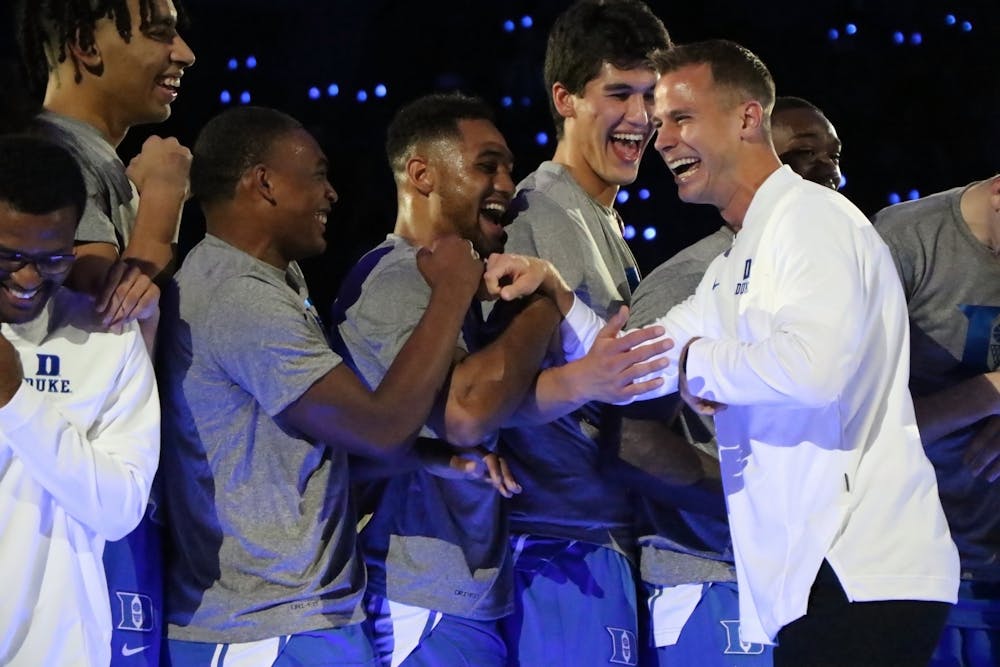“You don't realize you're even alive.”
For real, Jeremy Roach?
“For real.”
Imagine the most physically difficult task you can think of: Climbing Mount Everest? Running a marathon?
Now, imagine doing the former wearing just shoes and shorts, and the latter in Sub Saharan Africa without a drop of water in 104 degrees. Think you could do it?
Well, according to Wim Hof, the eccentric Dutchman who is known for conquering seemingly impossible physical tasks—you know, like climbing 24,700 feet of Everest without a shirt on or running a marathon in hot-as-Hades Namibia without any water—with relative ease, these tasks are not just for the superhuman. In fact, if one just follows his breathing method, Hof claims that such daunting feats may even be possible for the average Joe and Jane.
Since the inception of the eponymous Wim Hof breathing method and the widespread popularity of Hof online—such as in this Yes Theory documentary—millions of people have tried it and, seemingly, pushed their bodies beyond their perceived physical capacities.
In that documentary, the Yes Theory crew traveled to Hof’s camp on the Polish-Czech border in the middle of the winter intending to try the famous method. Without any preparation, every member of the cast spent 10 minutes submerged in below-freezing water—surviving the unsurvivable just by focusing on breathing and centering their minds.
This begs the question: What is the Wim Hof method?
For head coach Jon Scheyer and the Blue Devils, it is a bonding exercise. Early one morning, the first-time head coach brought his squad together on the floor of Cameron Indoor Stadium to try the activity as a group in an effort to connect on a deeper level and build chemistry before the meat of the basketball season would make such an activity difficult. Mike Posner, a popular musician, certified Wim Hof breathing leader and college friend of Scheyer, directed the exercise.
“Mostly everybody's looking at me like I'm crazy right now, but it's an actual thing…” Scheyer said at the team's preseason media day. “...When you do it with other people you feel a strong sense of belonging, but also a bond.”
Its purpose is simple: relax the body and mind.
Developed by Hof himself, the method comprises three “pillars”: breathing, cold therapy and commitment. The ‘breathing’ aspect, which Duke tried, is most common. Assume a meditation posture—lying down, sitting on the ground with your legs crossed, however you feel comfortable. Then, clear your mind and focus on taking 30-40 deep, rapid breaths.
“Basically you’re just hyperventilating, just breathing in and out,” said freshman guard Jaden Schutt.
The goal should be to completely inflate and deflate your lungs as quickly as possible, exhaling through your mouth. After the final breath out, simply stop breathing for as long as you can.
“I probably wasn't breathing for two, three minutes, at least I felt like it,” Roach said.
When you must inhale again, do so as deeply and powerfully as possible. Hold that air in for 15 seconds, then exhale. The process can be done once in isolation, cycled, paired with meditation—anything your heart desires.
One of the more interesting elements of the experience is the wide variety of physical, mental and emotional reactions it can elicit. Some people laugh uncontrollably, others fall asleep, a few lose consciousness; there is no single way to experience the Wim Hof method. Some even do this:
Get The Chronicle straight to your inbox
Sign up for our weekly newsletter. Cancel at any time.
“It’s really hard to explain it… [you just] kind of feel these different things,” Schutt said. “You get in a different little headspace, but it was positive. It was cool to kind of do it as a group, do it together.”
“It wasn't even that bad. At certain points, I was feeling like I was gonna kind of pass out a little bit,” said Roach. “I did chill out a little bit, but I think it was a good experience for everybody to get.”
In a group featuring just two returners and 11 new additions, team bonding—quick team bonding, at that—is paramount to Duke’s goals this season. In any case, Scheyer feels that the exercise was beneficial, and the positive (if not slightly bemused) reactions of his athletes indicate as much.
And next, Everest.
Editor's note: This article is one of many in The Chronicle's men's basketball season preview. Find the rest here.

Rachael Kaplan is a Trinity senior and a senior editor of The Chronicle's 120th volume.

Andrew Long is a Trinity senior and recruitment/social chair of The Chronicle's 120th volume. He was previously sports editor for Volume 119.

